Caprock Design + Build Blogs
Buildwise Journal
Caprock Design + Build Blogs
Buildwise Journal

5 Benefits of Backup Power Solutions for Homeowners & Homebuilders
Welcome to the second week of our series on building for resilience. In today’s world, where extreme weather events and power outages are becoming more frequent, ensuring that your home remains functional during emergencies is crucial.
We’ve all been there: A sudden summer storm hits, and with a flash, the entire home goes dark. Blackouts are all too common, and they can be costly as well as inconvenient.
Fortunately, homeowners and homebuilders don’t have to rely solely on the grid for power. Backup power solutions can provide peace of mind while also contributing to the overall resilience and value of a home.
In this blog, we'll explore the various backup power options available, their benefits, and how they can enhance the durability and sustainability of your living space.

The Importance of Backup Power
Power outages can disrupt daily life, affecting everything from heating and cooling to essential appliances and home security systems.
Much of Texas—with the exception of certain Panhandle counties like Randall, Moore, and Hutchinson—relies solely on ERCOT, the Electric Reliability County of Texas. Because ERCOT supports 90% of the state’s electrical load, unexpected surges in demand can put strain on the system and lead to forced blackouts.
Demand is growing, particularly in Austin, Houston, and Dallas. As more homes turn to smart technology, the grid is experiencing more pressure than ever before. At the same time, the increase in volatile weather conditions has led to a record number of blackouts, many of which we experienced during the 2021 Texas Power Crisis.
Texas isn’t the only state experiencing more blackouts than ever before. Much of the Southern U.S. is at an elevated risk for insufficient operating reserves. Climate change is a critical factor in this increase, as extreme temperatures lead to more HVAC use and damaging storms knock down power lines.
Backup power solutions ensure that your home remains operational during blackouts, minimizing inconvenience and potential damage. These systems are particularly vital in regions prone to extreme weather events, where power outages can last for days or even weeks.

Types of Backup Power Solutions
1. Generators
Generators are one of the most common backup power solutions. They come in various sizes and types, from portable models to whole-house systems.
Portable Generators: These are cost-effective and can power essential appliances and devices during short-term outages. However, they require manual setup and regular maintenance.
Standby Generators: These are permanently installed and automatically activate during a power outage. They can power the entire home and offer a more seamless experience. Standby generators run on natural gas or propane, providing a reliable and consistent power source.

2. Battery Backup Systems
Battery backup systems, often integrated with solar panels, store energy for use during power outages. They offer a clean, quiet, and maintenance-free alternative to generators.
Solar Battery Systems: These systems store excess energy generated by solar panels, providing a sustainable backup power source. They can reduce reliance on the grid and lower energy costs.
Standalone Battery Systems: These can be charged using grid power or renewable energy sources and provide a reliable backup during outages. They are ideal for homes without solar panels but still seeking an eco-friendly option.
3. Hybrid Systems
Hybrid systems combine generators and battery backups, offering the best of both worlds. During a power outage, the battery system provides immediate power, while the generator can recharge the batteries, ensuring long-term resilience.
These systems can be more costly than generators or battery backup systems alone, but for many homeowners, their flexibility and ease of use are often worth the investment.

5 Benefits of Backup Power Solutions
1. Protection from Financial Loss
One of the biggest headaches caused by blackouts involves food waste. Both homeowners and businesses face significant financial loss as food warms up to room temperature.
According to a recent study, a blackout will cost the average homeowner between $0.12 to $0.35 per kWh lost. Considering the fact that homeowners experience around 2 blackouts per year, lasting around 1.5 hours, this can quickly add up. This also doesn’t include the cost of alternative lodging in the event that the power outage sticks around for multiple days.
How much you save with a home backup power system will depend on your energy usage, how many blackouts you experience, and how long the blackouts last.
2. Continuous Comfort and Safety
Backup power ensures that essential systems such as heating, cooling, and refrigeration continue to operate during an outage, maintaining a comfortable and safe living environment.
For many homeowners, the biggest benefit of being independent of the grid is the peace of mind it provides. Not having to worry about losing power can be a great source of comfort.

3. Protection of Home Systems
Power outages can damage sensitive electronics and home systems. The surge of electricity released when power comes back after a blackout can lead to thousands of dollars in property damage. It can blow out fuses, fry computer power supplies, and impact smaller appliances that aren’t plugged into a surge protector.
Backup power solutions protect these investments by providing a steady power supply, preventing electricity surges from happening in the first place.
4. Increased Home Value
Homes equipped with reliable backup power systems are more attractive to buyers, potentially increasing property value. A whole-house generator increases a home’s value by 3-5% on average, providing a 150% return on investment. Batteries can have a similar impact on the home’s value.
Whether you plan on selling the home in the next 5 years or 20, backup power solutions are a simple way to improve your quality of life while you enjoy the home and your home’s worth when you’re ready to move on.
5. Environmental Benefits
Battery backup systems, particularly those integrated with solar panels, reduce reliance on fossil fuels and decrease greenhouse gas emissions, contributing to a more sustainable future.
The environmental benefits of backup batteries are greater if you recycle the system when it eventually wears out.

How to Implement Backup Power Systems in the Home Building Process
1. Assess the Home’s Power Needs
Determine the home's power requirements during an outage. Identify critical systems and appliances that must remain operational and calculate their combined energy consumption. This assessment will help you choose the appropriate backup power solution.
You’ll need to consider:
The types and number of your appliances
The number of lightbulbs
The size of the home
Heating and cooling system needs for your area
This guide breaks down how much energy most appliances require.

2. Choose the Right System
Based on your power needs, budget, and preferences, select the most suitable backup power solution. Generally, your backup power supply should have an Output Watt Capacity that is 20-25% higher than the total power drawn by the home.
Consult with professionals to ensure the system is properly sized and installed for optimal performance.
3. Plan for Regular Maintenance
Regular maintenance is essential for ensuring the reliability of your backup power system. For generators, this includes checking fuel levels, inspecting components, and conducting routine tests. Battery systems require less maintenance but should be monitored for efficiency and capacity.

Improve Your Peace of Mind, Savings, & Home Comfort with Backup Power
Investing in backup power solutions is a critical step toward building a resilient home. By ensuring continuous power during outages, these systems protect your home, enhance comfort and safety, and contribute to a sustainable future.
As we continue our series on building for resilience, stay tuned for more insights and strategies to fortify your home against the challenges of an ever-changing environment.
At Caprock Design + Build, we’re dedicated to creating homes that are not only beautiful and efficient but also resilient and secure. With years of experience in the construction industry, we’re passionate about helping homeowners turn their vision for their ideal home into reality.
Whether you want to renovate your existing home or create your dream home from scratch, we’re here to help. Reach out to our team now to schedule a consultation.

